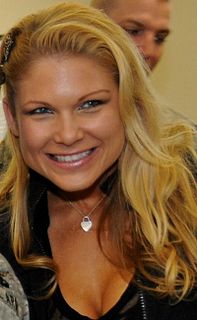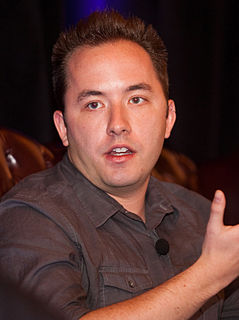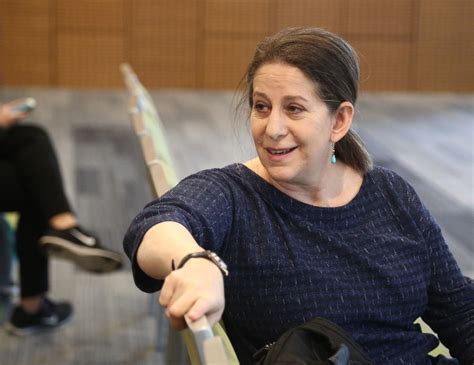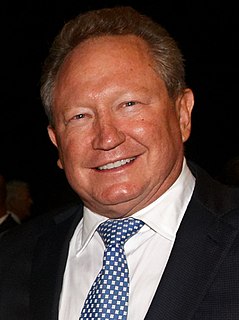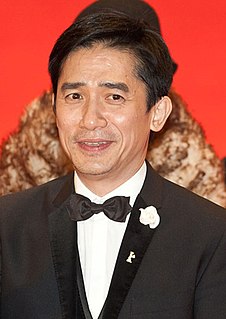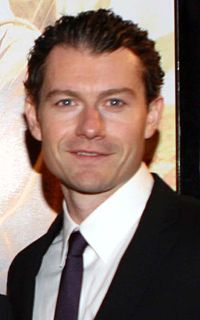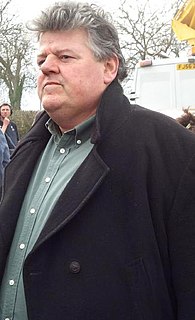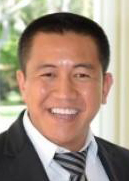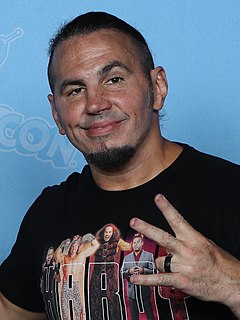A Quote by Beth Phoenix
I got pregnant five or six months after I retired, and then it was off to the races! It was a complete change of gears, and I was refocusing my life on my family.
Related Quotes
I've realized as well after five years of being on the road that if I'm going to four or five months of my life to something even if I'm overpaid, it's four or five months of my life away from home, away from my son, away from family and friends. I better believe in it on some level even if it's a big movie.
My father left us three times when I was between three and six. You just couldn't tell - suddenly one day he would leave and then maybe he would come back after six months without telling you why. And then maybe he would disappear again after a year and it's very difficult to take when you are four or five. You just don't know how to handle it and nobody in the family wants to talk about it. My mother didn't know how to tell us and she needed to work because we needed money to live.
When I got pregnant with my first child, I was vegan. And when I got pregnant, my body was craving meat so much. I started out slowly with eggs, then cheese, then I was like, 'OK, I need a steak!' I had to listen to my body - my cravings were so strong with the first one. When I got a craving for a food, I needed it five minutes ago.
The way I found time to write 'The Imperfectionists' was that I took work as a copy editor at the 'International Herald Tribune' in Paris, working full-time for approximately six months, then taking my savings from that and writing full-time, then returning after six months, and so on, until the book was done!
